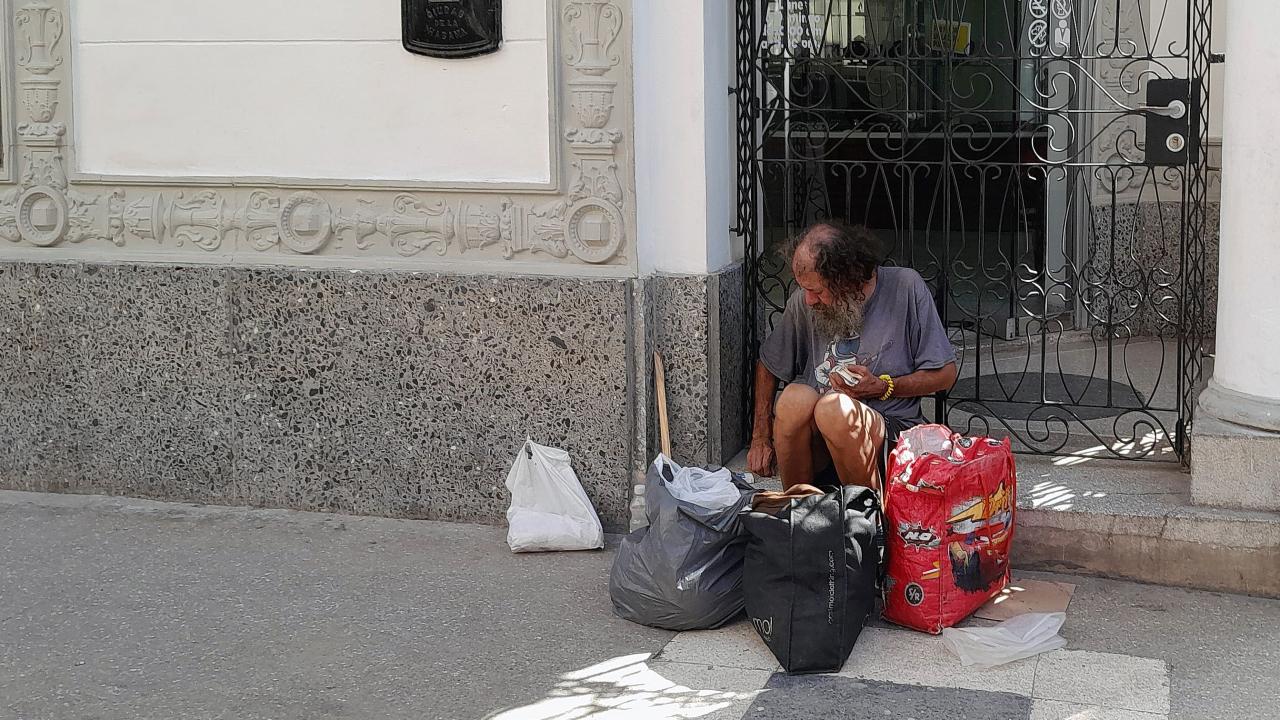The Cuban Government has not only caused the country's population to become older, and to contract ... it has also managed to accelerate these two phenomena beyond what researchers and academics had predicted, according to the most recent meeting of the Government Commission on Attention to Demographic Dynamics.
At the meeting, chaired by Prime Minister Manuel Marrero Cruz and held by videoconference from the Palace of the Revolution, data was updated reflecting "the contraction in the number of births, the low fertility rate, growth of internal migration, increase in aging, and natural decrease in the size of the population, among others," according to the state media source Granma.
The statement from the official agency of the Communist Party of Cuba (PCC) does not mention the exodus that is emptying the country of nationals, mainly young people escaping from the economic crisis and the lack of political freedoms that suffocates them on the island.
In the last two years alone some 475,000 Cubans have emigrated to the United States. The number of emigrants from Cuba who arrived in that country in 2022 (321,704), according to statistics from the US Customs and Border Protection Office (CBP), exceeded the number of births (95,211) recorded by the Ministry of Public Health (MINSAP) during the same period.
At the aforementioned meeting it was also announced that only in 33 Cuban municipalities is the population growing at a normal rate, most located in the east of the country.
According to researchers and academics cited by the state media source, this population trend was expected by the end of this decade, but it has been moved up.
The state media source's statement does not specify what the authorities have done to address a problem that was supposed to appear in some five years, or the government's explanation of this premature development.
And, as the population ages and shrinks in almost all of Cuba, in territories like Granma, Holguín and Las Tunas teenage pregnancy is skyrocketing.
The director of the Center for Demographic Studies at the University of Havana, Antonio Aja Díaz, explained that adolescent fertility should be seen as a social problem and not as a health issue.
Regarding the aging of the population and the increase in the number of elderly people in Cuba, Aja Díaz said that "quality of life for the elderly, which the Ministry of Public Health constantly emphasizes, has to go further. Governments have to be involved in this, each one must know, in detail, the situation in their grandparents' home, their nursing home, their Family Care System, and what can be done. "
Although the academic highlighted MINSAP's alleged concern for the elderly's quality of life, many Cubans who lack relatives abroad to help them go hungry and feel abandoned by the State. There has also been an increase in the number of elderly people begging or rummaging for food in garbage.
Until 2021, according to official figures, there were 300 nursing homes in Cuba with 10,258 slots, 3,516 day slots at these centers, and 157 facilities with 12,561 beds. Those figures were already insufficient ten years ago, when 18.3% of Cubans were 60 years old or older, according to the National Population and Housing Census conducted in 2012.
